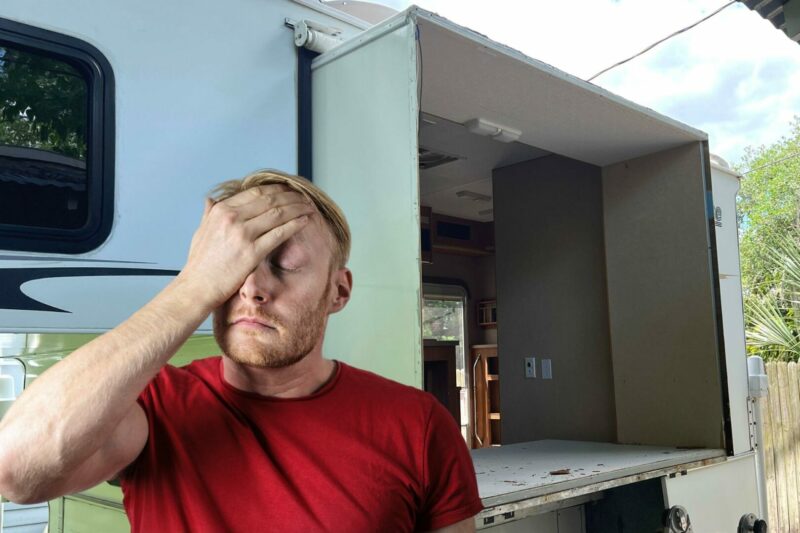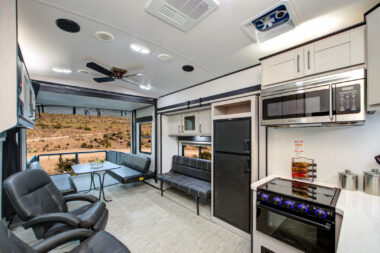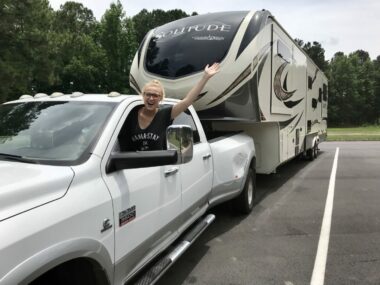Table of Contents Show
Even the smallest of RV mistakes can significantly impact your bank account. Some mistakes could result in you filing an insurance claim, leading to a hike in your insurance premium.
When you make costly mistakes, you’ll have less money to spend on camping reservations and gear to enhance your trips.
We want to help you avoid making these mistakes to stay safe and enjoy your RV. Let’s look at some little RV mistakes that could cost you thousands.
What Are the Most Common Problems With RVs?
The most common problems with RVs are typically due to lack of maintenance. Water leaks often occur as a result of a lack of care.
As RVs age, the sealant that creates a watertight barrier also ages. Exposure to the sun and other weather elements can cause cracking and peeling of this important protective layer. If there’s a way for water to enter your RV, it’ll find it!
Another common problem with RVs is leaks in the water lines. This is typically the result of improper winterization of the fresh-water system.
Water expands as it freezes, which can cause sensitive water lines and fittings to break. Water damage in an RV can be incredibly costly and go unnoticed for quite some time.
Tire issues are also common problems with RVs. This is often due to improper air pressure or tire care. You should replace the tires on your RV at least every six years or once the tread is too worn.
Blown tires can damage your RV and cause a dangerous accident. You should inspect your tires before every trip to ensure they’re at the proper pressure and in good condition.
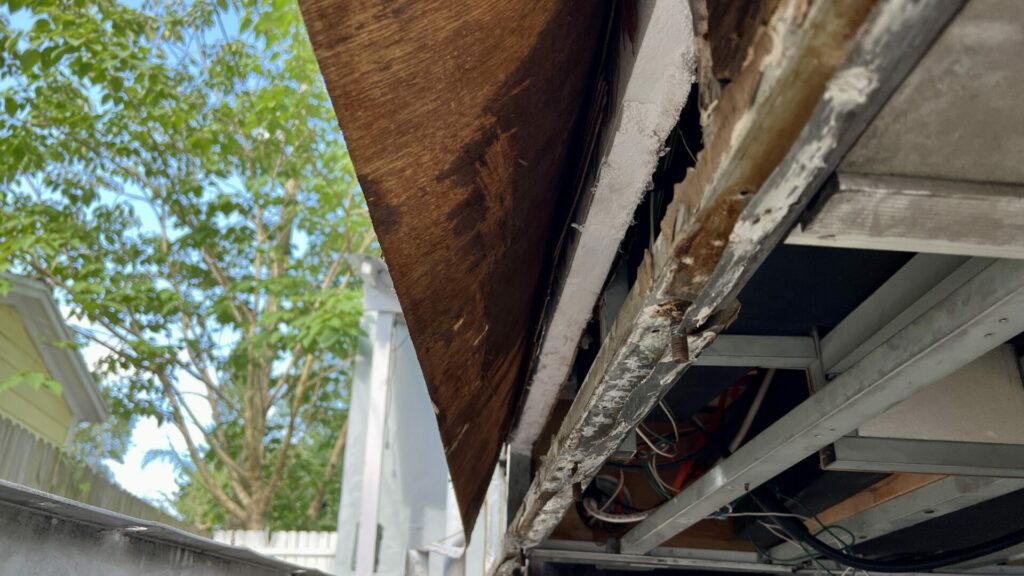
Are RV Repairs Expensive?
RV repairs can be very expensive, especially if you can only get the parts directly from the manufacturer. You’ll likely pay a premium for the part, but then also for shipping. You’ll then have to add the hourly shop rate of installing it onto your rig.
Most reputable RV repair shops will charge well over $75 to $150 per hour for a shop fee. This can make even the simplest of repairs very expensive.
However, if you’re lucky enough to have a repair that may be covered under a warranty, it can be very cheap. You may have to wait a considerable amount of time or deal with supply chain issues, but it may not cost you anything.
If you have to file an insurance claim for an RV repair, you may only have to pay your deductible.
Little RV Mistakes That Could Cost You Thousands
As we said, little RV mistakes can put a large dent in your bank account. We want to help you keep as much money in your pocket as possible. So let’s get started looking at the RV mistakes you should avoid.
Not Checking Tire Pressure
One of the last things you should do before hitting the road is check your tire pressure. Whether you use Tire Pressure Monitoring System (TPMS) or a manual tire pressure gauge, you can’t skip this step.
Driving with under or overinflated tires can be very dangerous. Blown tires can cause substantial damage to your RV. We know RVers who have suffered thousands of dollars in damage to their rig resulting from blown tires.
It only takes a few minutes to check all of your tires. Store a pen-sized tire pressure gauge or a digital pressure gauge in your vehicle. This helps ensure you’re not taking any chances with driving with improperly inflated tires.
Keep in Mind: Do you know what happens if you put gas in a diesel engine? If you happen to make this mistake, here’s what you need to do!
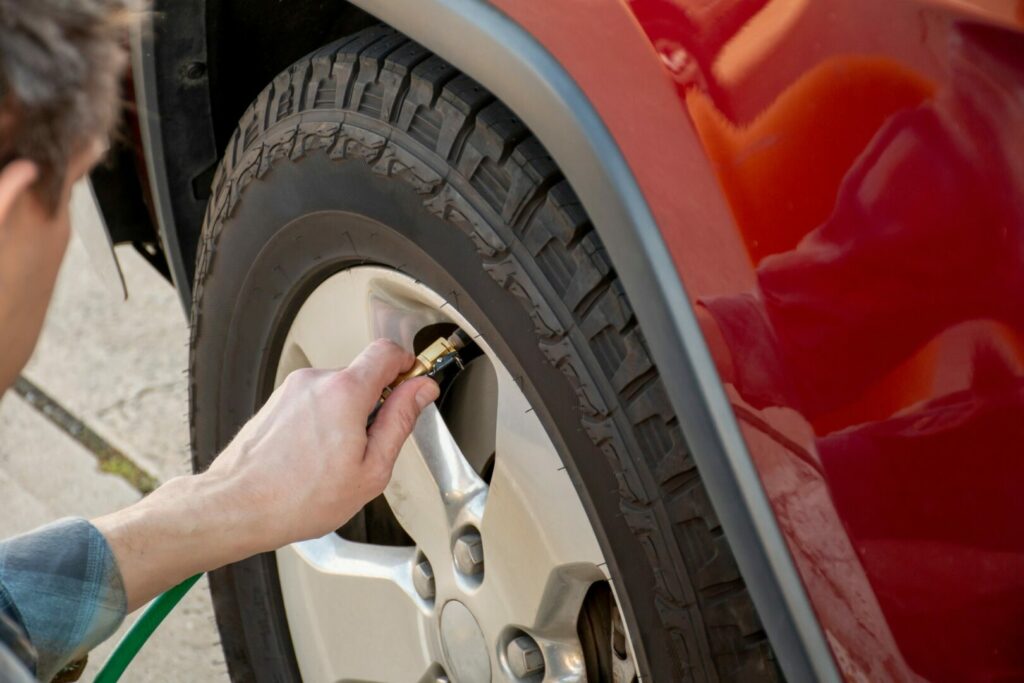
Failing to Research Your Route
When driving an RV, it’s important to remember that not all roads are RV-friendly. Some roads are very narrow, have steep inclines, or have low clearances. Some rigs are incredibly close to the maximum RV height of 13 ft 6 in, which means you can easily find yourself in a sticky situation if you’re not careful.
Before pulling your RV out of storage or a campsite, you should research your route. Use Google Maps and its street view when necessary.
This can help you confirm bridge heights and check for narrow streets and how to navigate them. By doing so, you can avoid putting yourself and your loved ones in a dicey situation.
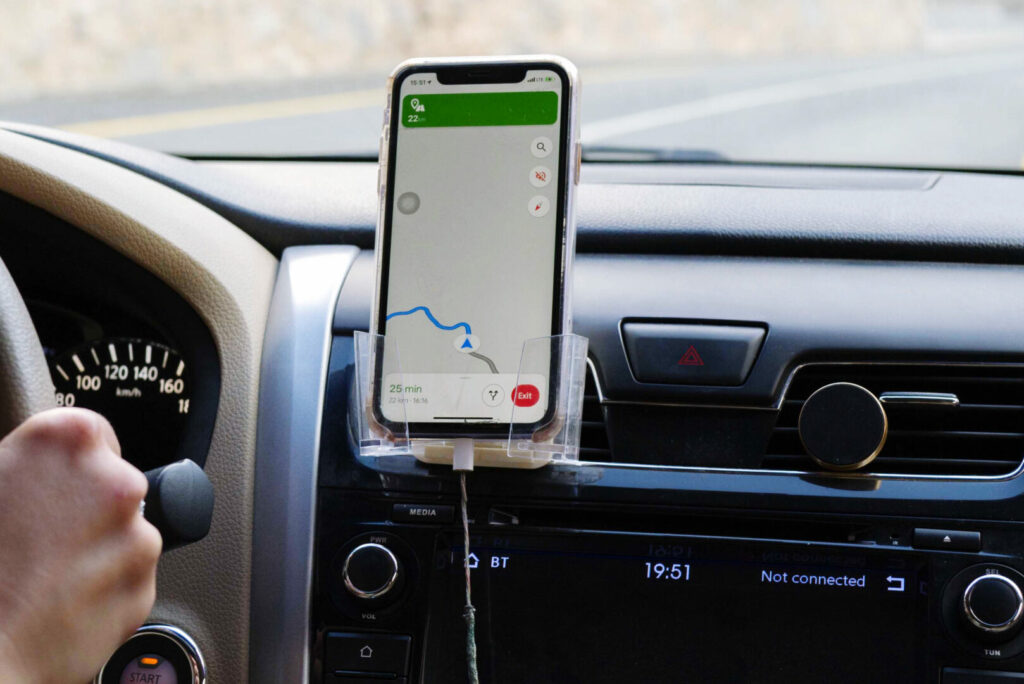
Not Doing a Walk Around Before Departure
One of the most important final steps in any departure checklist is to walk around your RV. You want to inspect everything and look high and low. Look for open windows, slides not closed entirely, and even items left on the ground.
We have witnessed our fair share of RVers pulling out of campsites that didn’t do a walk around. Pulling your RV through a campground with a slide or awning extended can be very dangerous. Replacing any of these items on your RV can be extremely expensive.
Driving Too Fast
We get it; you’re excited to get to the campsite and start your camping trip. However, driving too fast can be very dangerous. RV tires have speed ratings, some of which are 65 to 70 mph.
Driving over their speed rating for an extended period can increase wear and tear and create excessive heat build-up on your tires. Heat can destroy tires and lead to a blowout.
Driving too fast may be able to shorten your drive, but it can also result in a costly speeding ticket. Anytime you can shave off your travel time will be eaten up by the time you sit talking with law enforcement.
If you get a ticket, you’ll likely have to pay the fine and potentially risk increasing your insurance premium by a few bucks each month.
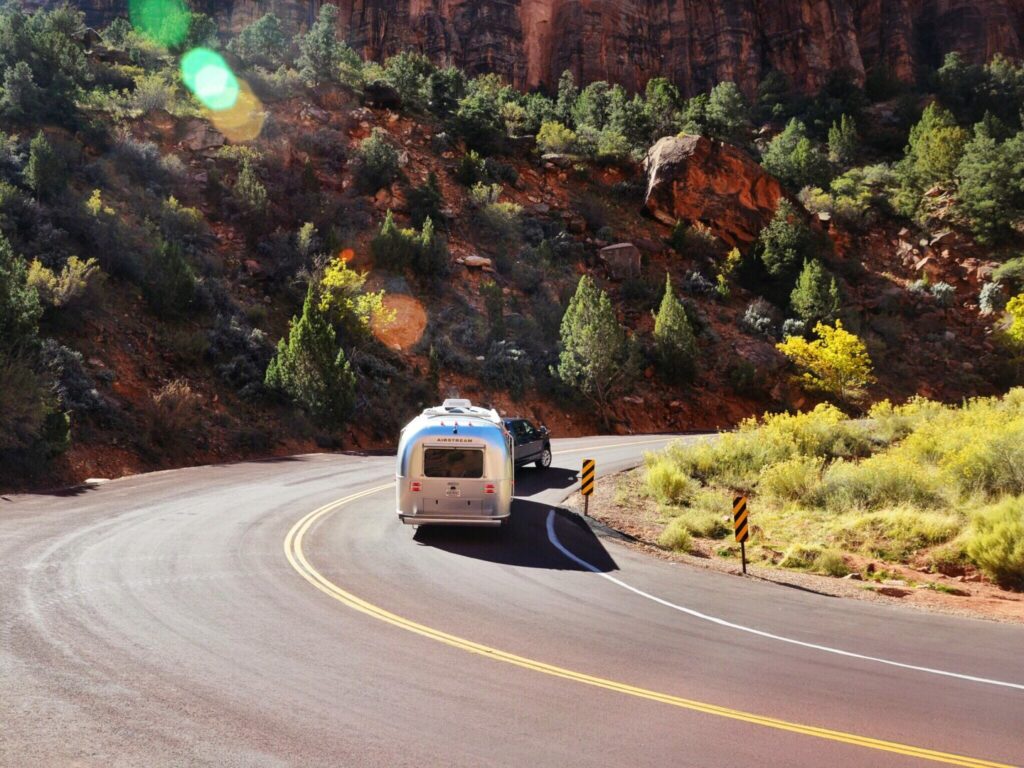
Ignoring Routine Maintenance
If you want to avoid costly mistakes, keep up with your routine maintenance. You can’t afford to ignore the maintenance schedule recommended by your manufacturer.
Even if you have a warranty, you may need to perform some basic maintenance tasks to avoid voiding it.
Check your owner’s manual if you’re unsure how often and what maintenance tasks you should be doing. Manufacturers typically provide a detailed schedule and how to complete essential maintenance.
However, some more complex maintenance tasks, like packing your wheel bearings, generally are best left to professionals unless you know what you are doing.
Pro Tip: We’ve all made mistakes. Here are some RV mistakes we’ve made, so you don’t have to!
Not Winterizing Your Water Lines
The harsh winter temperatures can be brutal on an RV’s water system. As water expands, it can destroy the sensitive water lines and fittings in your water system.
Water damage can hide behind walls and other sneaky locations. It may be weeks or even months before you discover a leak. By the time you catch it, it’s likely going to be too late.
If you live in a climate that sees temperatures dipping well below freezing, we recommend winterizing your RV when it’s not in use.
However, if you’re planning to stay in your RV during the cooler temperatures, running the furnace and keeping up the temperature can help avoid frozen water lines and the resulting damage.
Pro Tip: Never winterized before? Read our guide on How To Winterize Your Whole RV!
Not Turning Off Your Water Pump While Away
Many RVers take their rigs on some exciting adventures in unique locations. They may even spend hours away from their rigs.
You don’t want to leave your water pump on while away from your RV. You never know when a water line or fitting could break and cause a flood to rush into your RV.
We strongly suggest that you shut off your water pump (or the water supply) when you’re not present at your campsite. This can be a pain, but it’s a small price to avoid the costs to cover damage from not turning off your water pump while you were away from it.
Learn from Your Mistakes and the Mistakes of Others
Some mistakes you have to make for yourself. It isn’t until you make them yourself that you’ll learn the importance of not doing it again.
However, you can avoid making some mistakes by learning from others. Seeing clips from 11Foot8.com are likely more than enough to motivate you to know the height of your rig and research the route.
What’s the biggest mistake you’ve made while RVing?




